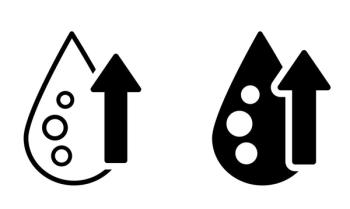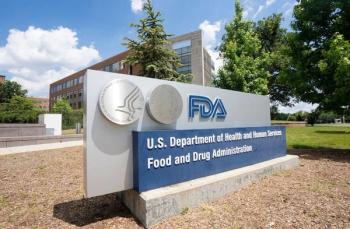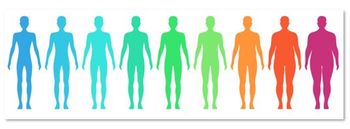
High-Dose Statins Give Older Patients Added Protection
ATLANTA -- Intensive statin therapy can reduce the risk of major cardiovascular events in patients 65 and older, reported investigators in a large clinical trial.
ATLANTA, July 3 -- Intensive statin therapy can reduce the risk of major cardiovascular events in patients 65 and older, reported investigators here.
Among nearly 4,000 such patients, those randomized to 80 mg of atorvastatin (Lipitor) had a 2.3% reduction in absolute risk of a major cardiovascular event compared with similar patients on a 10-mg dose, reported cardiologist Nanette K. Wenger, M.D., of Emory University, and colleagues there and at other centers.
This translated into a relative risk reduction of 19% (hazard ratio 0.81, 95% confidence interval 0.67 to 0.98, P=0.032), the investigators wrote in the July 3 issue of Annals of Internal Medicine. There were treatment-related adverse events among 8.3% in the 80-mg arm and in 5.2% of those in the 10-mg group.
Persistent elevations of alanine aminotransferase or aspartate aminotransferase levels to greater than three times the upper limit of normal occurred in 1.3% of patients on the 80-mg dose, and 0.1% in the 10-mg dose. There were no documented cases of persistent elevation in creatine kinase levels to greater than 10 times the upper limit of normal.
"Our analysis, which involves two active therapies, extends the findings of previous placebo-controlled studies, and, consistent with current American College of Cardiology and American Heart Association secondary prevention recommendations, suggests that additional clinical benefit can be achieved by aggressively treating older patients to reduce LDL cholesterol levels to less than 2.6 mmol/L (< 100 mg/dL)."
Results of the planned subset analysis of the Treating to New Targets study evaluated 3,809 patients 65 and older of the 10,001 enrolled in the larger study. The study looked at statins for prevention of a first major cardiovascular event in patients with coronary heart disease and LDL levels less than 130 mg/dL (3.4 mmol/L).
The primary endpoint of a major cardiovascular event was a composite outcome of death from coronary heart disease, nonfatal non-procedure-related myocardial infarction, resuscitated cardiac arrest, or fatal or nonfatal stroke.
When the investigators evaluated components of the composite outcome, they found trends, albeit not statistically significant, for lower mortality from coronary, and non-significant trends toward lower rates of non-procedure-related myocardial infarction, and fatal or nonfatal stroke (ischemic, embolic, hemorrhagic, or unknown origin) in high-dose versus low-dose arms.
Withdrawals from treatment related events occurred in 4.4% of the older adults in the high-dose group, and 2.2% of those in the low dose group.
"Although treatment with 80 mg conferred a smaller relative risk reduction for older patients than for younger patients, the absolute risk reduction remained as high," the investigators wrote.
"Our findings support the recommendations of the recent National Cholesterol Education Program guidelines for use of intensive LDL cholesterol-lowering therapy in high-risk older persons with established cardiovascular disease," they continued, "and ACC and AHA guidelines to reduce LDL cholesterol levels to much less than 2.6 mmol/L (< 100 mg/dL) in any patient with established coronary heart disease."
The authors cautioned that because the study was a secondary analysis, the findings should be judged in the context of the larger study. They also noted that they could not determine whether the benefits they saw were to an effect of the higher statin dose, lower cholesterol levels, or both.
Newsletter
Enhance your clinical practice with the Patient Care newsletter, offering the latest evidence-based guidelines, diagnostic insights, and treatment strategies for primary care physicians.

































































































































